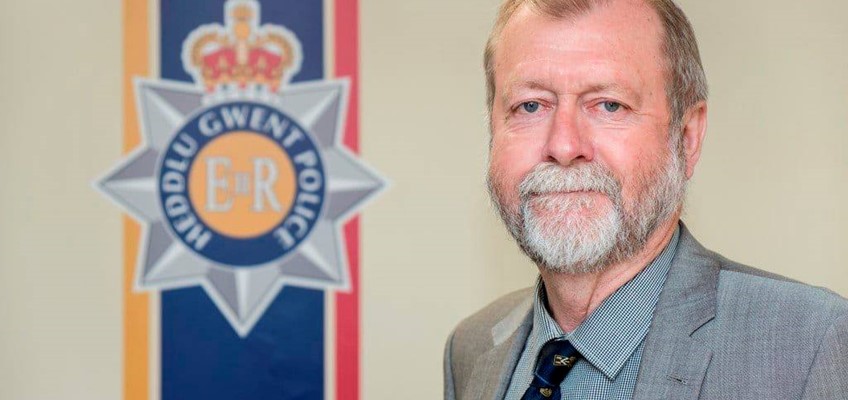We must do everything we can to tackle violence against women, domestic abuse and sexual violence
The entire nation is wrestling with the grim realities being highlighted by women across the country in light of the suspected murder of Sarah Everard in London.
The appalling circumstances surrounding her disappearance provide an opportunity for reflection. We all need to use it as a turning point for women’s safety in the UK and as a springboard for a wider conversation on how we stop all forms of violence against women, domestic abuse and sexual violence.
This deeply troubling incident has inevitably raised serious questions about the abuse and sexual harassment that many women encounter every day, just because of their gender. Like many people, I have read countless posts of women’s experiences of walking about in their communities and how they are made to feel. About the precautions that they are forced to take. About safety procedures they have followed since being teenagers out with their friends.
It is wrong that women are made to feel like this in modern Britain.
We have all heard family, friends, strangers talk about walking home using longer routes, of carrying keys and bags in their hands for self-defence, of phoning people and talking loudly because, as women, they feel vulnerable. Walking in the street is an every day action, but many women are forced to implement extraordinary safety measures every day to do it.
And these actions are understandable sadly, as they have become the norm for women who have encountered experiences that have led to them feeling this way. Whether it is being chased or groped, having cars slowing down near them, or being subjected to unwanted sexual comments, women suffer these issues daily.
It is clearly wrong women are made to experience things like this in modern Britain.
We all need to look to our friends, family members, colleagues and we need to say this intimidation and treatment of women is not acceptable.
Tell them, it will never be acceptable.
And this needs to be complemented with a national conversation about what men can do to help women eradicate these challenges they face. Encourage men to ask themselves what are my behaviours and what impact do they have around me? And we need to support men who do this to positively change their attitudes and behaviours.
When we hear or see such instances, there can be no victim-blaming or scapegoating; we need to stop making excuses for men’s poor behaviours to women. There is no excuse or justification for violence or intimidation.
Responsibility always sits with the perpetrator.
We need to look to how we stem these behaviours culturally. How we instil positive values in children, from a young age and throughout their education, and work to improve the ingrained opinions of those who are older. How we empower others to speak out when they see wrong-doing. How we foster community spirit and a collective sense of responsibility towards the well-being of others.
Staying silent is not an option. We should be speaking out. All of us.
We all need to ensure that it is socially unacceptable for anyone to make a woman feel vulnerable or intimidated. Each of us, we all need to challenge our friends, our family members, our colleagues when we see or hear this kind of behaviour. Only then will we bring about the change we seek.
The pandemic has given us all an opportunity to reflect on the changes needed, not only in our personal lives but in wider society. Gender, and all other protected characteristics for that matter, should not hinder anyone at work or in education. And they should not restrict anyone’s rights to exist within and contribute to society.
However, ultimately, they do and something must change.
We need to educate men, all men, about the impact their actions and words can have on the women they encounter.
Because it is unequivocally wrong that women are made to feel like this in modern Britain.
………..
Victims can report incidents to Gwent Police via their Facebook page, 101 or calling 999 in an emergency.
Help is available through dedicated sexual abuse and sexual violence support services.
New Pathways provides rape crisis and sexual abuse support services, and specialist services for child victims of sexual abuse.
Website: www.newpathways.org.uk
Email: enquiries@newpathways.org.uk
Phone: 01685 379 310
Cyfannol Women’s Aid provide domestic abuse and sexual violence support services across Gwent.
Website: https://cyfannol.org.uk
Phone: 01495 742052
Connect Gwent victims’ hub offers a wide range of support and you do not have to have reported a crime to the police to access these services.
Website: www.umbrellacymru.co.uk/connect-gwent
Email: connectgwent@gwent.pnn.police.uk
Phone: 0300 123 2133

